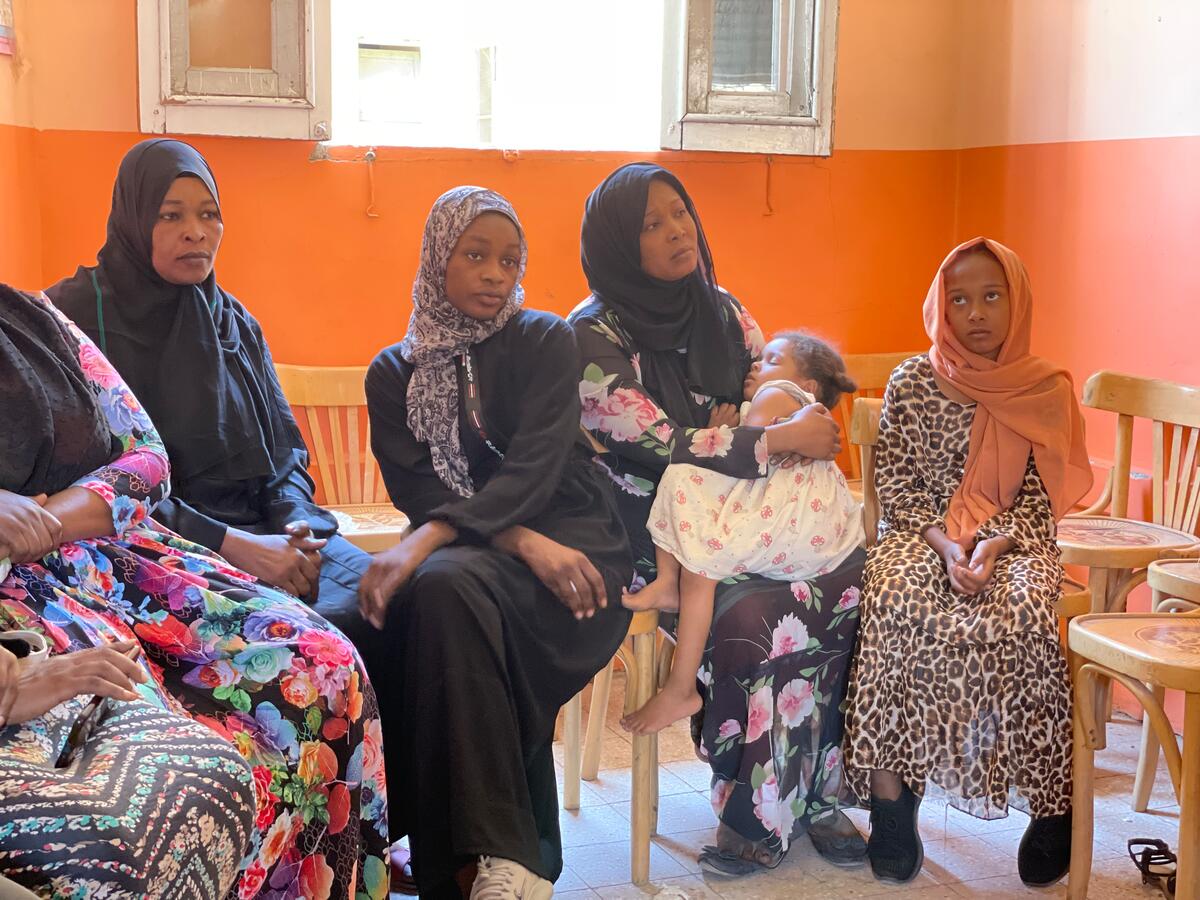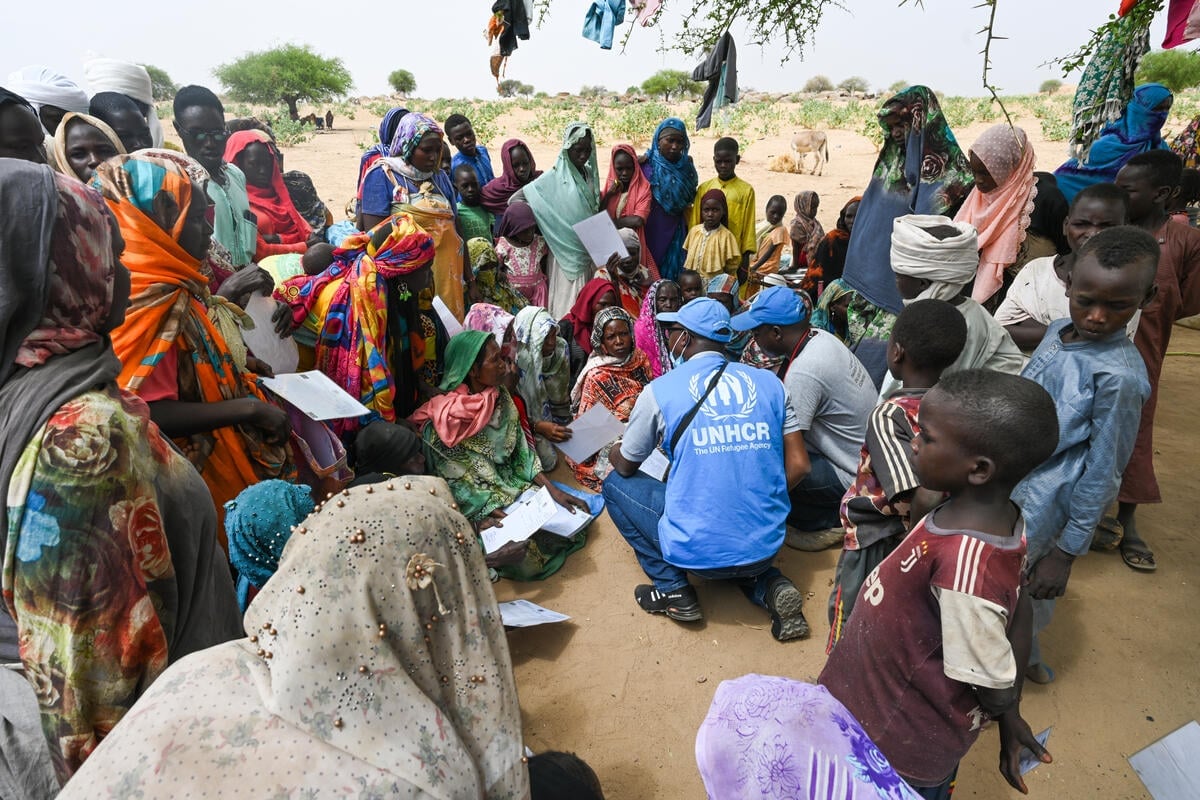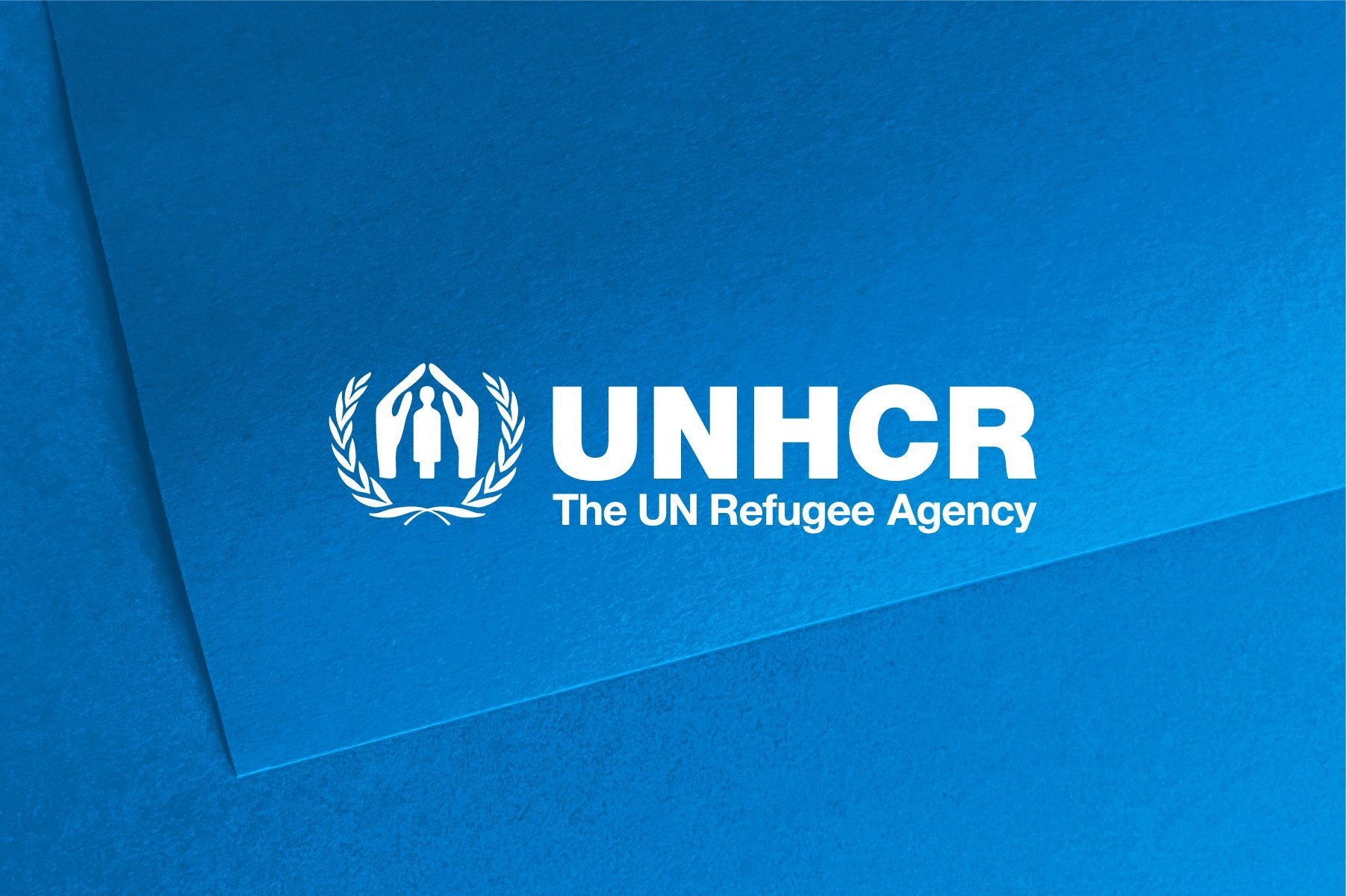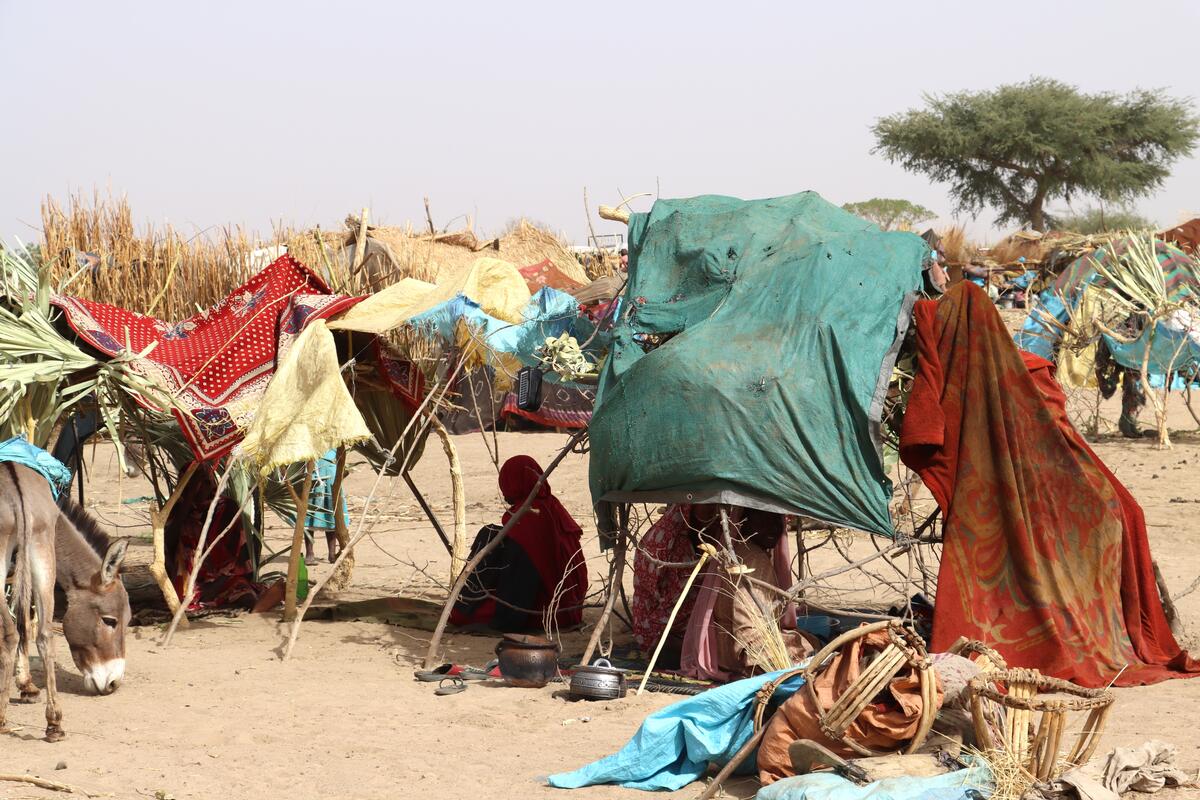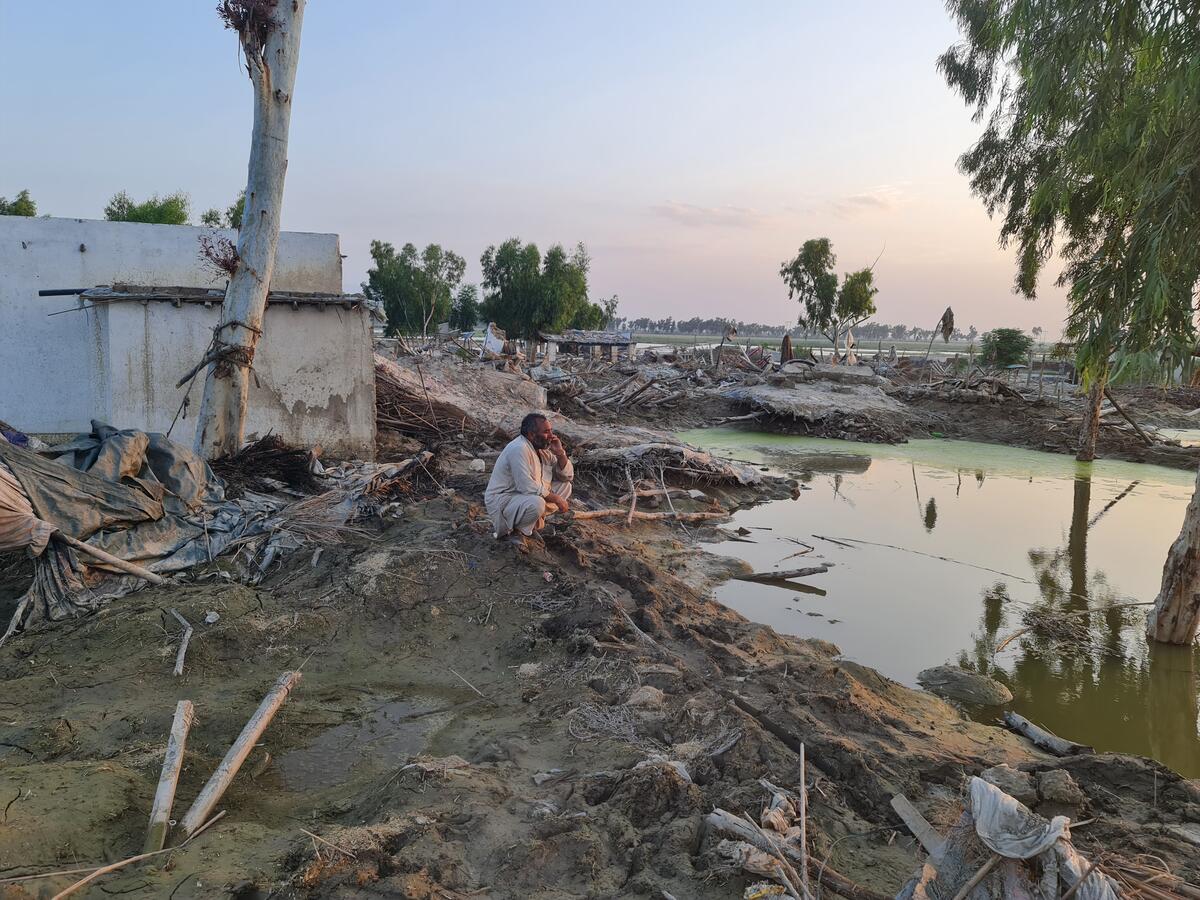Chad: race against time
Chad: race against time
UNHCR is airlifting more supplies and staff to eastern Chad to reinforce its efforts in a race against time to move the refugees from the volatile border to safer sites further inland before the start of the rainy season in late May. So far, a total of 3,343 refugees have been moved from two border areas to two inland sites. Daily convoys from Tine, in the northern sector of the 600-km stretch of affected border, have moved 1,644 refugees to the transit centre at Touloum. Further south, 1,699 refugees have been relocated from the border near Adré to a camp at Farchana.
But we've still got a long way to go, with tens of thousands of refugees still needing relocation - possibly as many as 80,000. In addition, we are still in urgent need of funding to continue this operation and to enable us to expand the relocation movements. So far, UNHCR has received just over $1,050,000 for the programme this year. Our soon-to-be updated needs are at least $10.3 million for 65,000 refugees in 2004.
Water is a major concern for UNHCR and our partners in arid eastern Chad - a region where ground water reserves appear to be extremely limited. The difficulty in finding sites with sufficient water to meet the needs of the refugees could slow down the relocation. We don't want to move people until we are sure that there will be enough water at the destination. Five hydrologists from partner agencies are continuing their work to determine the best spots for drilling near the refugee camps. Two Chadian companies have been hired to reinforce the German team that is drilling wells near Farchana.
In Touloum, water is being brought by truck from Iriba until wells on the site are operational. Our partner NCA has set up two bladder tanks where water is stocked; three tap stations, provided by MSF-Belgium, are also working. In total, 20,000 litres water are available daily in Touloum at present, which cover the needs of the refugees who have been transferred this week.
At the same time, UNHCR is bringing in additional aid for the refugees, with six planeloads of supplies scheduled to land in Abéché in the coming days. The first air delivery, from our stockpiles in Copenhagen, is expected tomorrow with 3,250 pieces of plastic sheeting and four large warehouse tents, or rubbhalls. The items will be dispatched to the transit centre in Touloum and the new camp being set up in Kounoungo. Additional four-wheel-drive vehicles are also arriving for our field offices in Iriba, Guéréda, Adré and Goz-Beida to enable us to expand our coverage of the vast territory where the refugees remain scattered. Daily relief flights are planned all next week from Tanzania to Abéché, with more plastic sheeting, jerry cans, kitchen sets, mosquito nets, tents and sanitary kits for 110,000 people.
Five additional international staff have arrived in eastern Chad. We now have about 20 international emergency staff in the east. We have a team in Goz Beida and Koukous-Angarana, in the south. One international and two national staff have been sent to the south, and two more staff members will join them next week. Technicians from the German agency THW are finalizing camp management and water sanitation arrangements at a site in Goz Amer to receive refugees scattered in the region. The site should be operational within the next 10 days. Relocating the refugees at the border in the south to Goz-Amer is a high priority as the region will be completely cut off during the rainy season.
So far, two sites - Farchana and Touloum - are operational, and three others will be ready in the near future: Kounoungo and Mile in the north, and Goz-Amer in the south. UNHCR is continuing discussions with local authorities to select an additional site in the region of Ade.


